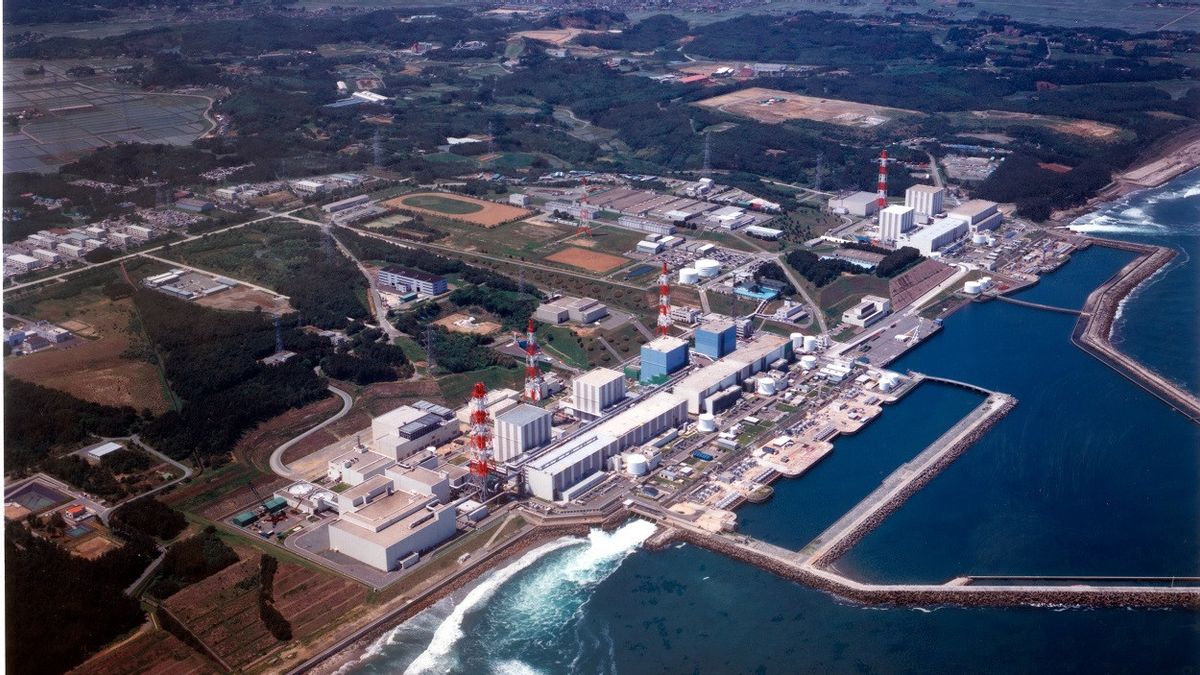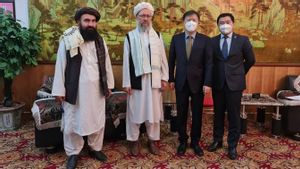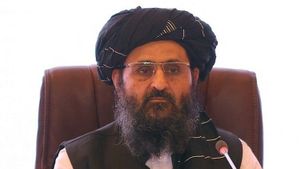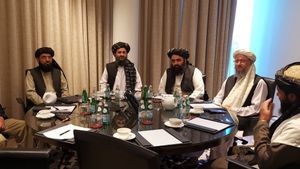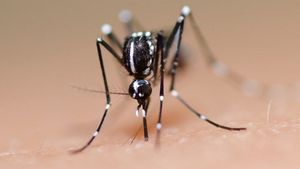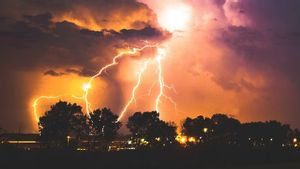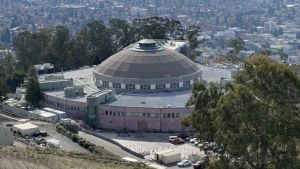JAKARTA - The operator of the Fukushima Nuclear Power Plant (NPP) in Japan announced plans to build an underwater tunnel to release more than one million tons of treated radioactive water into the sea.
The construction of the 1-kilometer long tunnel is in line with the Japanese Government's plan to release radioactive water into the sea, in stages over two years, announced last April.
Japanese authorities said the release was safe, as the water would be processed to remove nearly all of the radioactive elements and would be diluted, despite protests from neighbors, the opposition, and the local fishing community.
Tokyo Electric Power Co (TEPCO) said it would start constructing the tunnel in March 2022, after conducting a feasibility study and obtaining approval from the authorities.
The tunnel will have a diameter of approximately 2.5 m and will stretch east into the Pacific Ocean from tanks at the plant containing approximately 1.27 million tonnes of treated water.
That includes the water used to cool the reactor at Fukushima which was crippled after suffering destruction following the 2011 great tsunami, as well as daily rain and groundwater seeps.
The extensive pumping and filtration system extracts tons of freshly contaminated water every day and filters out most of the radioactive elements. However, the fishing community fears the release of the water will undermine years of work to restore confidence in their seafood.
The plant's chief decommissioning officer Akira Ono said on Wednesday local time releasing the water through the tunnel would help prevent it from flowing back onto the shore.
"We will thoroughly explain our safety policy and the actions we take against reputational damage so that we can allay concerns held by people involved in fishing" and other industries, Ono told reporters, citing Kyodo News, August 25.
In a statement, TEPCO said it was prepared to pay compensation for reputational damage related to the release. TEPCO also said it would accept inspections by the International Atomic Energy Agency (IAEA) on the safety of releasing radioactive water. The IAEA itself has supported Japan's decision.
Earlier, Prime Minister Yoshihide Suga called water disposal an unavoidable task, in the decades-long process of decommissioning nuclear plants.
SEE ALSO:
To note, the debate over how to handle radioactive water has been going on for years, as space to store it at the site has run out. The filtration process removes most of the radioactive elements from the water, but some remains, including tritium.
Experts say the element is only harmful to humans in large doses. Meanwhile, dilution of treated water does not pose a scientifically detectable risk.
The English, Chinese, Japanese, Arabic, and French versions are automatically generated by the AI. So there may still be inaccuracies in translating, please always see Indonesian as our main language. (system supported by DigitalSiber.id)
